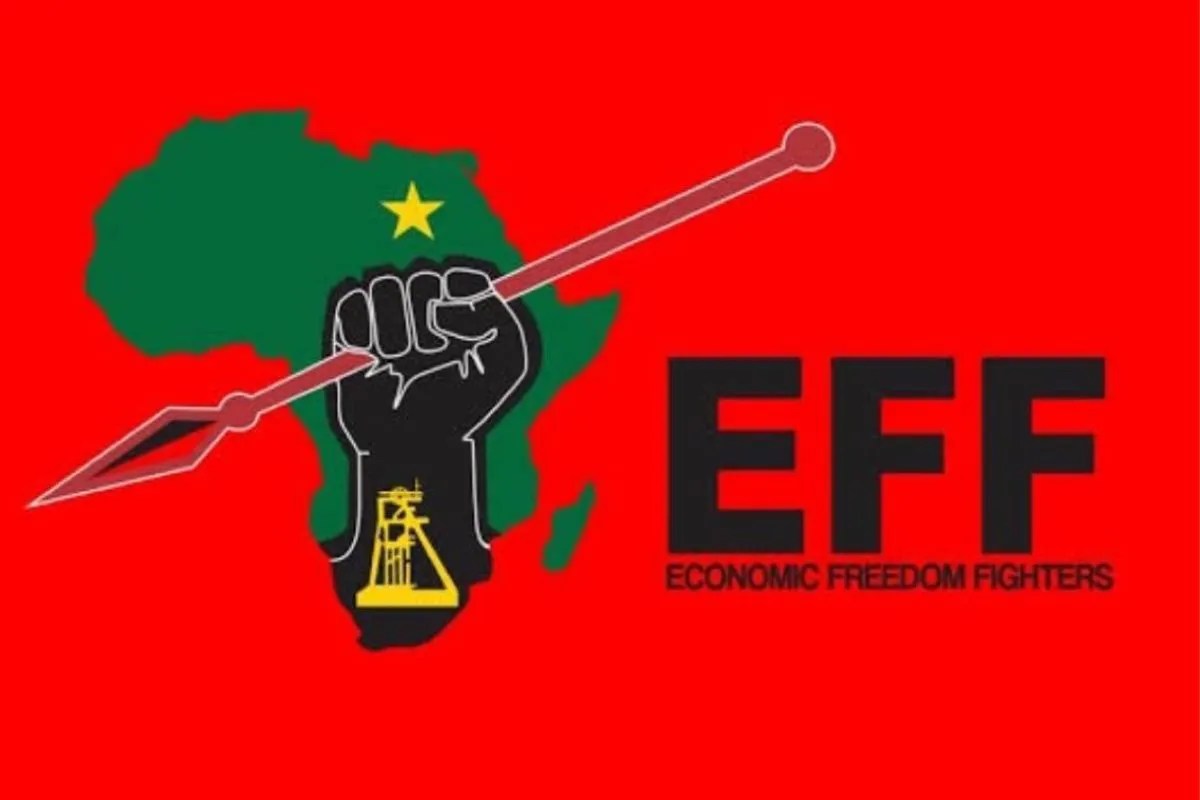
EFF hails decision to scrap student blacklisting regulations
EFF praises government for reversing student blacklisting plan following nationwide protests and pressure from students and civil society.

The Economic Freedom Fighters (EFF) welcomed Trade, Industry and Competition Minister Parks Tau’s decision to withdraw draft regulations that would have allowed universities and colleges to blacklist students with unpaid fees.
Published on 13 August 2025, the regulations proposed recognising educational institutions as credit information providers.
Under the rules, students who failed to settle their debts could have received negative listings with credit bureaus.
Public and Political Pushback
The minister withdrew the regulations after student organisations, civil society groups, and professionals submitted over 20 000 objections during the public comment period, which ended on 12 September.
The EFF also publicly rejected the proposals, describing them as punitive towards the poor and young people.
The minister withdrew the regulations after student organisations, civil society groups, and professionals submitted over 20 000 objections during the public comment period, which ended on 12 September.
Concerns Over Student Debt
Critics argued that the regulations would worsen the student debt crisis by further penalising young people already struggling to pay their fees.
Universities currently withhold certificates and qualifications from graduates with outstanding debts, restricting their employment opportunities and ability to repay.
The EFF said that involving credit bureaus would have trapped students in long-term financial exclusion while benefiting debt collectors and financial institutions.
Call for Long-Term Solution
The EFF warned that sending students’ debt information to credit bureaus would trap them in long-term financial exclusion and advantage debt collectors and financial institutions.
“The withdrawal of these regulations is a victory for students and broader society,” the EFF said, while warning that the attempt reflected what it sees as the government’s disregard for the challenges facing young South Africans.
